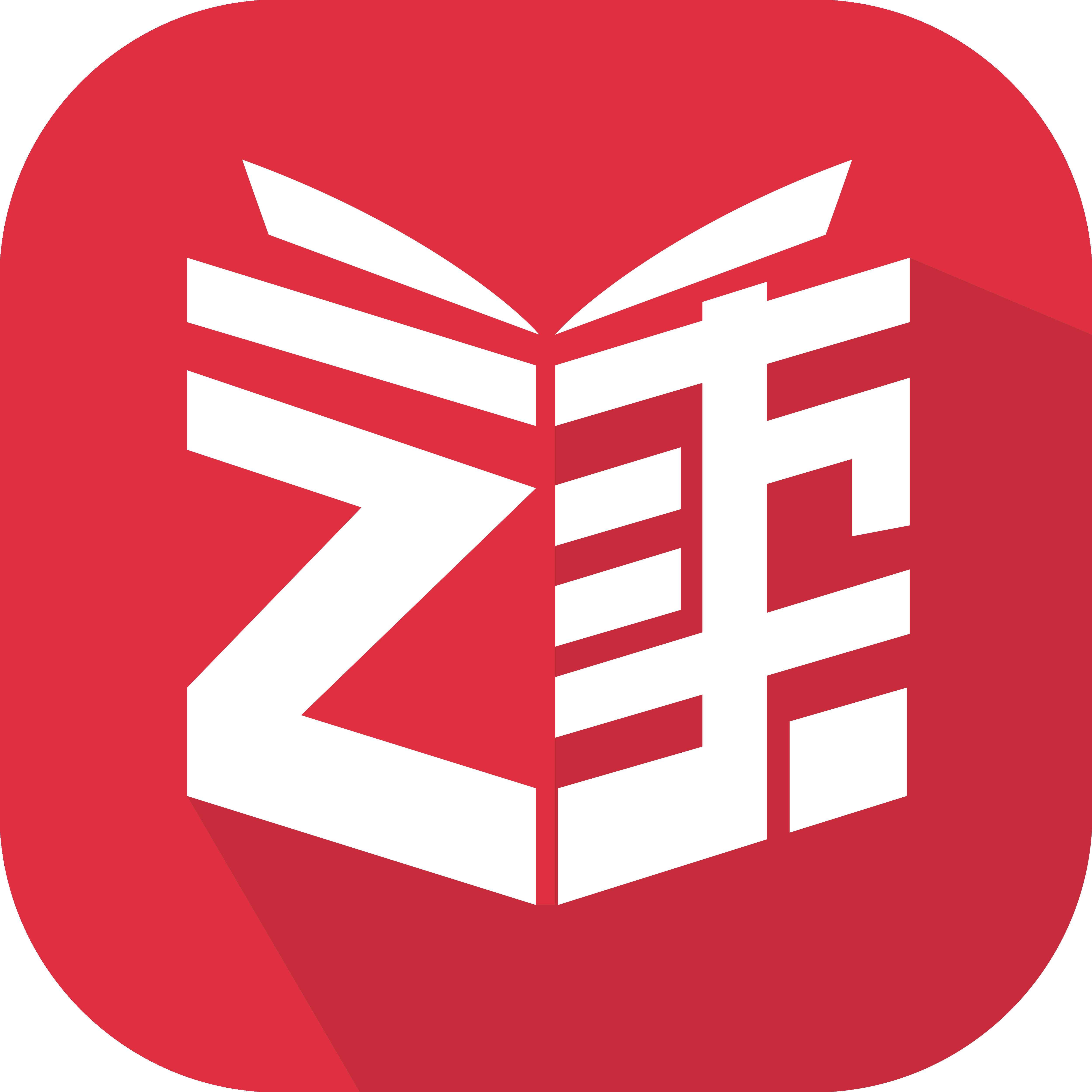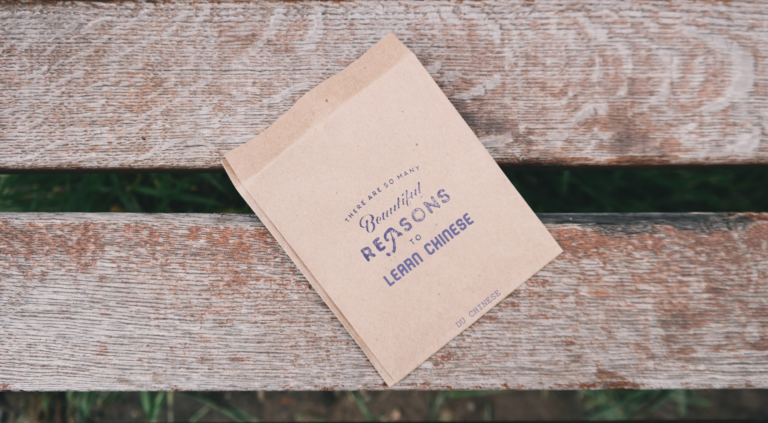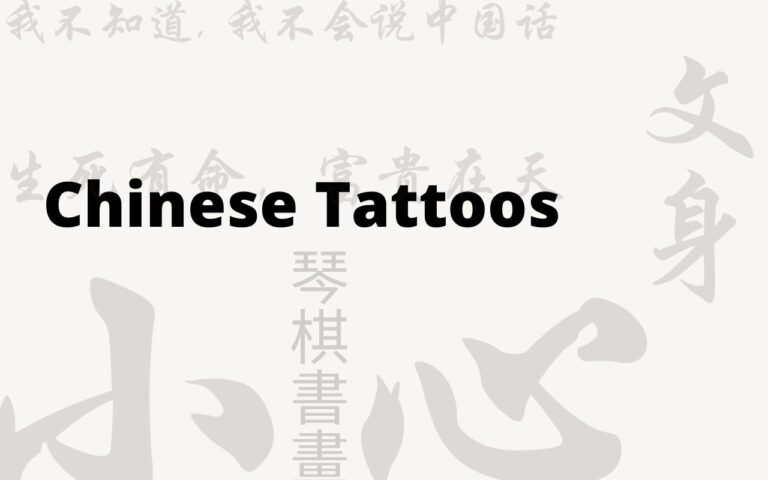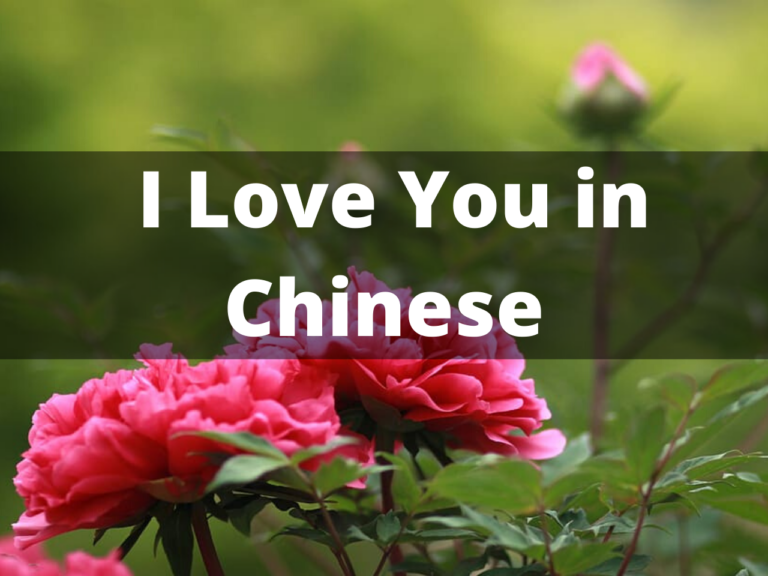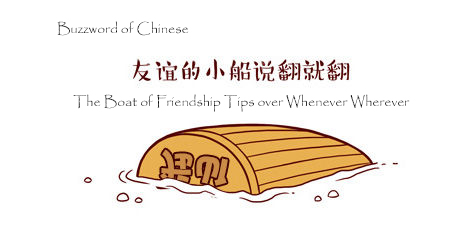A Detailed Look into the Original Story of Mulan
It would be easy to argue that the story of Mulan is universally known, especially in the English speaking world. This is due mostly to Disney’s 1998 adaptation, which was widely received and brought this classic Chinese folk tale to modern audiences.
That being said, most people’s understanding of the story ends here, so where did this timeless story come from? The answer is probably more interesting than you might think!
The true origins of Mulan
Mulan (花木兰) has occupied a place in Chinese culture for hundreds of years, her story having been first recorded in the Ballad of Mulan (木兰辞). This short ballad, recorded in classical Chinese, is estimated to have been written in 400AD, and is only 332 characters long.
This means that Disney’s Mulan, along with any other adaptation of the story you might have seen or read, managed to adapt 332 Chinese characters into a feature length film. The implications here are that every named character, along with the vast majority of the story that you might associate with this folk hero have been invented.
Because the original text is so short, let’s dive into the Ballad of Mulan to learn what the original story was like!
The original text
The original text of the Ballad of Mulan is written in Classical Chinese, so it’s sure to be a tough read for learners of modern Mandarin, but let’s go through and translate it line by line! For more information on Classical Chinese, check out or blog, “What is Classical Chinese and Why is it Important?“
唧唧復唧唧,木蘭當戶織。不聞機杼聲,惟聞女嘆息。問女何所思,問女何所憶。
The sound of one sigh after another,
As Mulan weaves at the doorway.
No sound of the loom and shuttle,
Only that of the girl lamenting.
Ask her of whom she thinks,
Ask her for whom she longs.
「女亦無所思,女亦無所憶。昨夜見軍帖,可汗大點兵,軍書十二卷,卷卷有爺名。阿爺無大兒,木蘭無長兄,願為市鞍馬,從此替爺征。」
“There is no one I think of,
There is no one I long for.
Last night I saw the army notice,
The Khan is calling a great draft –
A dozen volumes of battle rolls,
Each one with my father’s name.
My father has no grown-up son,
And I have no elder brother.
I’m willing to buy a horse and saddle,
To go to battle in my father’s place.”
Ask her of whom she thinks,
Ask her for whom she longs.
東市買駿馬,西市買鞍韉,南市買轡頭,北市買長鞭。旦辭爺娘去,暮宿黃河邊,不聞爺娘喚女聲,但聞黃河流水鳴濺濺。
She buys a fine steed at the east market;
A saddle and blanket at the west market;
A bridle at the south market;
And a long whip at the north market.
She takes leave of her parents at dawn,
To camp beside the Yellow River at dusk.
No sound of her parents hailing their girl,
Just the rumbling waters of the Yellow River.
旦辭黃河去,暮至黑山頭,不聞爺娘喚女聲,但聞燕山胡騎鳴啾啾。
She leaves the Yellow River at dawn,
To reach the Black Mountains by dusk.
No sound of her parents hailing their girl,
Just the cries of barbarian cavalry in the Yan hills.
萬里赴戎機,關山度若飛。朔氣傳金柝,寒光照鐵衣。將軍百戰死,壯士十年歸。
Ten thousand miles she rode in war,
Crossing passes and mountains as if on a wing.
On the northern air comes the sentry’s gong,
Cold light shines on her coat of steel.
The general dead after a hundred battles,
The warriors return after ten years.
歸來見天子,天子坐明堂。策勛十二轉,賞賜百千強。可汗問所欲,「木蘭不用尚書郎,願借明駝千里足,送兒還故鄉。」
They return to see the [Emperor],
Who sits in the Hall of Brilliance.
The rolls of merit spin a dozen times,
Rewards in the hundreds and thousands.
The Khan asks her what she desires,
“I’ve no need for the post of a gentleman official,
I ask for the swiftest horse,
To carry me back to my hometown.”
The general dead after a hundred battles,
The warriors return after ten years.
爺娘聞女來,出郭相扶將;阿姊聞妹來,當戶理紅妝;小弟聞姊來,磨刀霍霍向豬羊。
Her parents hearing their girl returns,
Out to the suburbs to welcome her back.
Elder sister hearing her sister returns,
Adjusts her rouge by the doorway.
Little brother hearing his sister returns,
Sharpens his knife for pigs and lamb.
開我東閣門,坐我西閣床,脫我戰時袍,著我舊時裳。當窗理雲鬢,對鏡帖花黃。
“I open my east chamber door,
And sit on my west chamber bed.
I take off my battle cloak,
And put on my old-time clothes.
I adjust my wispy hair at the window sill,
And apply my bisque makeup by the mirror.
出門看火伴,火伴皆驚忙:「同行十二年,不知木蘭是女郎!」
I step out to see my comrades-in-arms,
They are all surprised and astounded:
‘We traveled twelve years together,
Yet didn’t realize Mulan was a lady!'”
雄兔腳撲朔,雌兔眼迷離;雙兔傍地走,安能辨我是雄雌?
The buck bounds here and there,
Whilst the doe has narrow eyes.
But when the two hares run side by side,
How can you tell the female from the male?
The original narrative and how it’s adapted
Let’s take what we’ve just read and distill it down to the major story beats:
- Mulan sees that her father is to be conscripted and decides to take his place
- She runs away to join the wa
- She fights valiantly for ten years
- The Emperor offers her an illustrious position, but she turns it down
She returns home to her family - Her comrades are shocked to realize she’s a woman
This is, in essence, the entire narrative of the Ballad of Mulan. There’s only one named character, and the story only covers the broadest of strokes when it comes to the plot.
With this in mind, it’s clear just how many creative liberties must be taken to adapt the legend of Mulan into a more detailed story. In the case of Disney’s version, every named character outside of Mulan herself, the subplot of her identity being revealed, themes of honor and ancestors, the attempted attack on the Emperor, and Mulan’s larger struggle with finding herself were all completely invented for the purposes of making a more detailed narrative. If anything, it’s almost funny how casually Mulan’s adventures are mentioned in the original poem: she ran away, fought valiantly for ten years, met the emperor, then came home and shocked everyone like nothing ever happened.
One exception here, however, is the point of Mulan meeting the Emperor. If there was any part of the Disney adaptation that seemed like it would have been added for dramatic effect, it would be this one. Surprisingly, this ended up being one of the few plot points that was actually mentioned in the poem.
Read a different take on Mulan
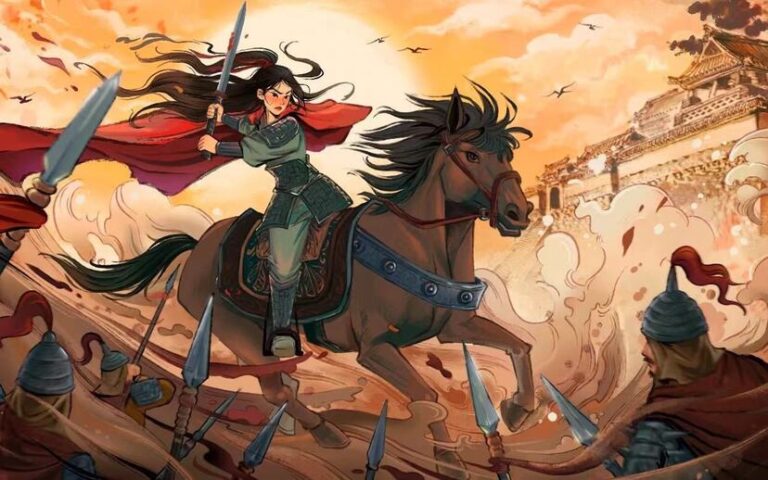
Now that you know the original story that made this folk hero a legend, why not read a different take on it? Du Chinese has adapted the story of Mulan in our own way, tailoring her tale for language learners. Check out our version of Mulan to see this character in a new light, and improve your reading skills along the way!
